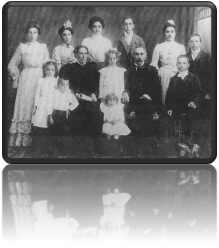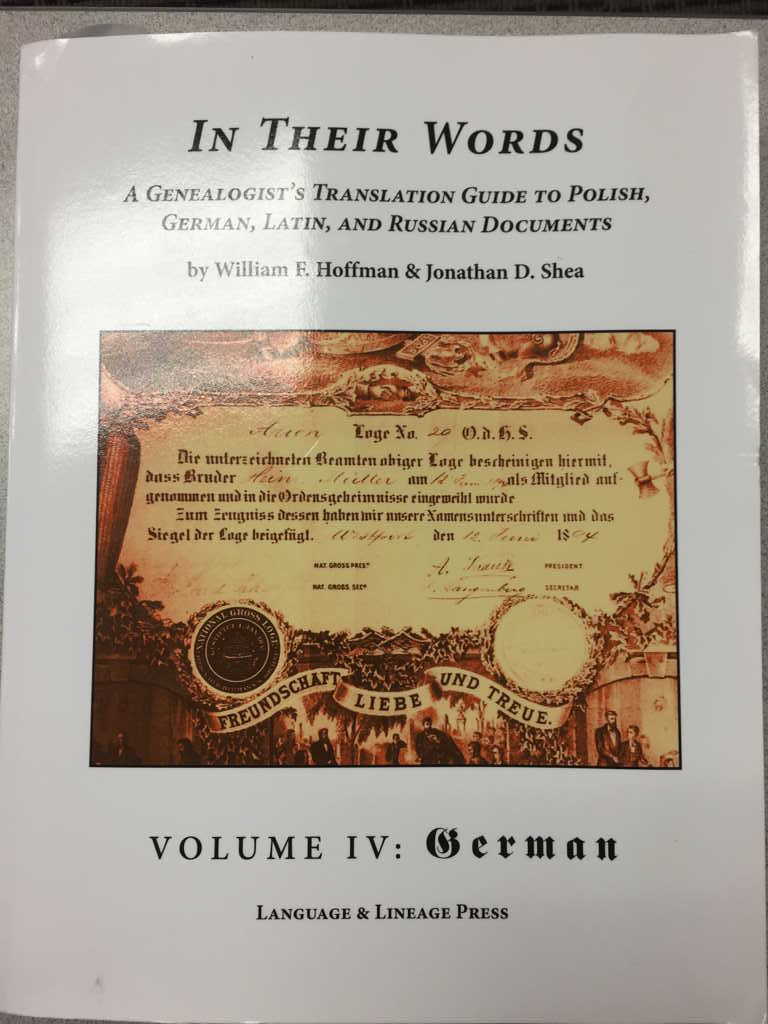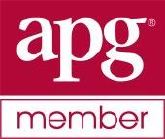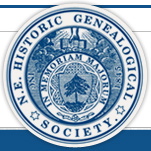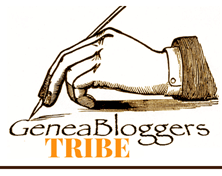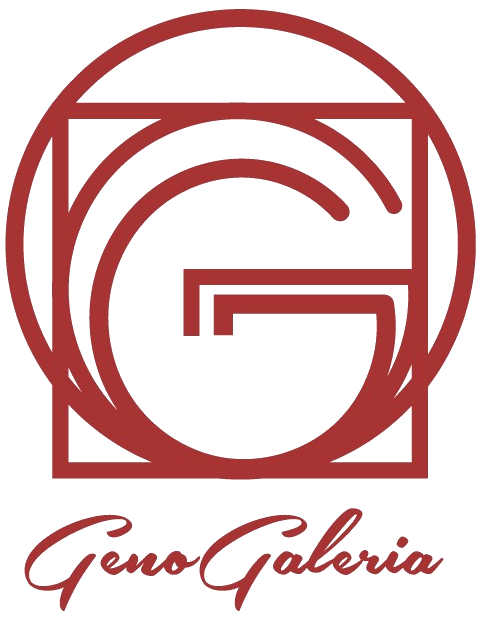What The Hell Is A DIT Name?
 Lower Quebec CityOK, now that I got your attention with that strongly worded title, it's time to explore "dit" names. To explore the "dit" name we must now enter.... The Twilight Zone.
Lower Quebec CityOK, now that I got your attention with that strongly worded title, it's time to explore "dit" names. To explore the "dit" name we must now enter.... The Twilight Zone.For those that have been doing any French-Canadian genealogy research, you are no stranger to "dit" names, but if you are just getting started in your French-Canadian ancestral explorations, you are going to have to know something about "dit" names. I know that "dit" is pronounced "dee", but I still like to say "dit". A "dit" name is an alias that is added to a family name and was used to help distinguish those families with a common surname all living in the same local. An alias or a.k.a. is given to a specific person, but the dit name can be given to a group of people. Dit names are used by families, not specific individuals, and are usually passed down through generations, either in place of the original surname, or in addition to it. In French-Canadian ancestry you can find "dit" names used in France and Canada.
Some possible reasons for "dit" names, (in no particular order) are:
- Occupation
- Military Service
- Place of origin
- Land owner
- An ancestors full name
- The first name of an ancestor
- Land name or location
- Physical attribute
- Personal trait
- Political affiliation
- Spouse surname
- Other unknown reasons
A FEW dit names I have seen in my family tree are:
Levesque - Soucy
Croisetiere - Rouleau
Amiot - Villeneuve
Auger - Vignette
Baril - Decheny
Now that you are thoroughly confused I want to tell you to stop worrying about the why and just move on with your research. There are "dit" name guides available at the American-Canadian Genealogical Society library, NEHGS and other research libraries. You can find guides online as well. Don't rely on one guide though, check a number of them so you can cover numerous possibilities. The possibilities are so numerous that it can be difficult to pinpoint exactly why it applies to your ancestor. It should be important at least for you to be aware that dit names exist. Rather than being overly concerned why it applies in your case, just accept that they exist. French-Canadian research often gives us more problems than we bargained for and this is just one more puzzle for you to solve in your French ancestry.
How do you enter a dit name in your genealogy program? That's a difficult question because the name can change midstream of a persons life. I normally state the name as given at birth and then make a note via the AKA field when the name changed in other records in the persons life. I suppose you could also record that name difference in the note field for the event that you are recording. I think as long as you are consistent in your documenting practices, it can be a personal preference on exactly how you choose to do it. Rather than writing "dit" in the surname field, I hyphenate the "dit" name. Now that I got you into the Twilight Zone, you are here to stay! I think that is the genealogists curse.
Doo wa ditty ditty ditty dee ditty doo
